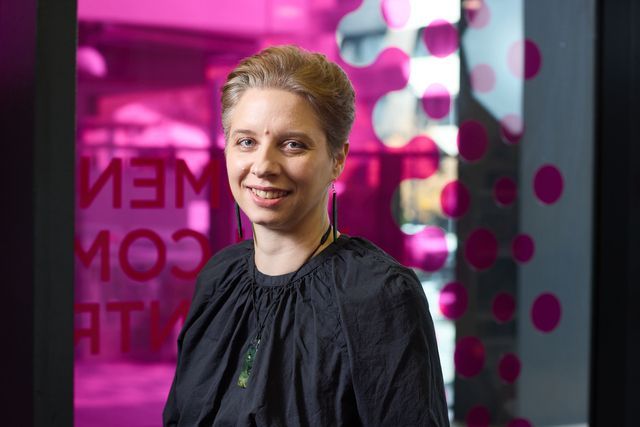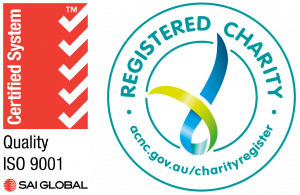
The early years: improving care for children and parents
Pictured: Healthy children grow into healthy adults. (Image: Shutterstock)
Working closely with health professionals and communities, NWMPHN builds, funds and promotes different pathways to paediatric care. The principle of health equity assumes that there is no single solution to providing care for young people. Instead, each cohort is faced with distinct barriers, and our role is to listen to parents, providers and the children themselves to identify and design solutions.
attendances (including babies) at Ready, Steady, Family sessions
of participants were born overseas
The Royal Women's Hospital - First Thousand Days Clinic
This year we provided seed funding to the Royal Women’s Hospital to establish the First 1000 Days Clinic pilot, providing care to women experiencing alcohol and other drug issues, and their babies. It is the first of its kind in Australia.
Pictured: Royal Women’s Hospital neonatologist Dr Anna Tottman. (Image supplied.)

Working Together for Kids – paediatric outreach in primary schools
NWMPHN commissioned Werribee Mercy Hospital to deliver collaborative and culturally safe paediatric services to children aged 5 to 12 in Wyndham.
The Working Together for Kids program improves physical and mental health of children experiencing social, economic or health disadvantage and who do not typically have access to paediatric services.
The project is delivered in three community hubs located at Truganina South Primary School, Wyndham Park Primary School and Doherty’s Creek College.
Pictured: Truganina South Primary School. (Image supplied.)
Ready, Steady, Family
Since 2019, Drummond Street Services has implemented the Ready, Steady, Family program.
This supports new parents and caregivers during the antenatal and postnatal periods. It enhances parental mental health and wellbeing, and prevents the onset, relapse, or exacerbation of perinatal mental health difficulties.
Domestic and family violence e-learning modules
The University of Melbourne and NWMPHN identified gaps in the current suite of domestic and family violence e-learning modules for identifying and responding to culturally and linguistically diverse and LGBTIQ+ patients.
To address these, NWMPHN’s Children and Families team commissioned the development of two modules. These strengthen the skills and confidence of GPs and other primary care providers in identifying and responding to family and intimate partner violence for these communities.
Enhancing Mental Health Support in Schools
Through the Enhancing Mental Health Support in Schools initiative, Victorian government high school students can access primary mental health support through headspace centres. The program is funded by the Department of Education and NWMPHN performs the lead coordination role.
Doctors in Secondary Schools
Doctors in Secondary Schools provides equitable and accessible primary health care services to students in Victorian government high schools.
The program complements existing student wellbeing programs. Its objectives are to:
- make primary health care more accessible to students
- provide assistance to young people to identify and address health problems early
- reduce the pressure on working parents and community-based GPs.
Health equity from cradle to grave

